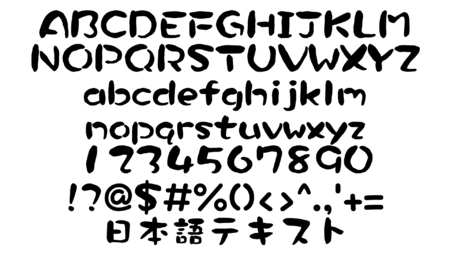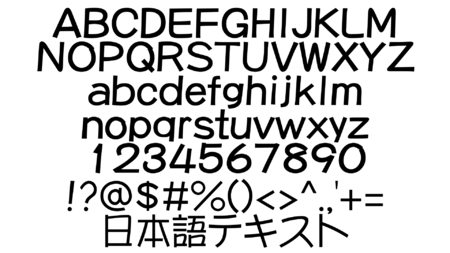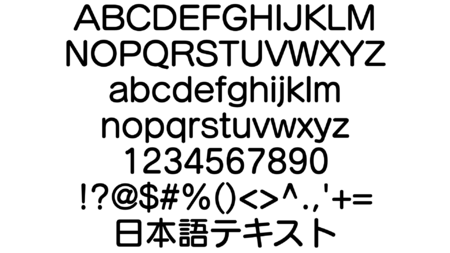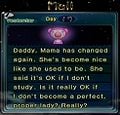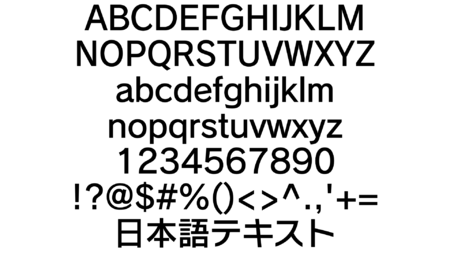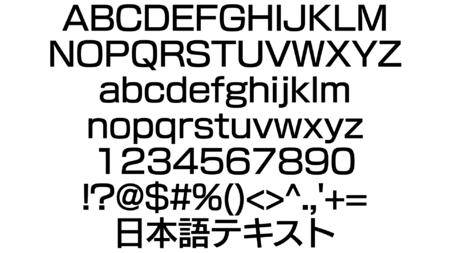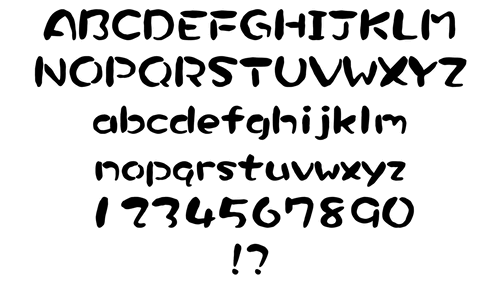Assets used in the Pikmin series
|
This article or section is in need of more images. |
The Pikmin series and its world is built with distinct pieces of imagery, audio, and typefaces. A large portion of the assets used in the games are made from scratch and are proprietary to Nintendo, though occasionally, some of these assets may be taken from or contain elements from external sources. This can include commercially-available software libraries, or real-life objects and hardware.
Stock photography
Since the objects and environments within the Pikmin series are often based on human technology and nature in the real world, photography of real items and locations on Earth are a common resource for textures. For the first game, a large amount of these images were taken in Japan by members of the game's own staff.[1] However, it was not uncommon for some few pieces of foliage to be made using graphics from stock photography libraries. For more unnatural materials, this occurred a lot more often. During the development of Pikmin and Pikmin 2, these libraries were primarily sold and distributed on CD-ROMs.
Sozaijiten
Sozaijiten (素材辞典?, lit.: "Material Dictionary") is a series of stock image libraries by Datacraft that is advertised and sold as separate volumes. The content of each volume is themed (usually around a type of material, part of nature, or event), and were originally distributed on singular CD-ROMs. For Pikmin and Pikmin 2, photographs and artwork from Sozaijiten are used very often and in a large variety of ways.
Bakku no Oni
Bakku no Oni (バックの鬼?, lit.: "Background Demon") is a series of stock image libraries that was distributed by A&P CO-ORDINATOR JAPAN. Its volumes were themed after colors or types of material, such as rusted metal. Images from these volumes were often used as textures for the caves in Pikmin 2.
VisualDisk
VisualDisk is a series of stock image libraries that was distributed by dizáin. Similar in scope to Sozaijiten, there was a very large amount of volumes released and high variety in its content. However, it used sparsely in Pikmin 2.
Gallery
- Pikmin World Map Base.png
The source photo for the area selection menu textures of the main landmass explored in Pikmin and Pikmin 2.
- Pikmin The Final Trial Island Base.png
The source photo for the area selection menu textures distant island housing The Final Trial in Pikmin, and also seen but unvisited in Pikmin 2.
Instrument samples
The music of the Pikmin series is primarily made using commercially-available sample libraries, synthesizers, and virtual instruments. This is the case for all of the music in Pikmin, Pikmin 2, and Pikmin 3. Instances of musicians performing live on real acoustic instruments is highly uncommon in the games; the new music composed by Babi for Pikmin 3 Deluxe is one such example.[2]
- Synthesizers and sample libraries used by Hajime Wakai in the music of Pikmin
- Kurzweil K2500R (and K25 FARM)
- Roland SC-88
- Digidesign SampleCell II's factory library
- Best Service Ultra Gigapack (SampleCell format)
- Spectrasonics Supreme Beats (SampleCell format)
For this game, Hajime Wakai uses SampleCell II as his primarily sampler. He also makes use of the K2500's packaged "K25 FARM", which contains several hundred extra presets that can be loaded onto the synthesizer.
- Synthesizers and sample libraries used by Hajime Wakai in the music of Pikmin 2
- Kurzweil K2500R (and K25 FARM)
- Roland SC-88
- Best Service Peter Siedlaczek's Advanced Orchestra (AKAI format)
- Best Service Peter Siedlaczek's Orchestral Colors (AKAI format)
- EastWest Drums + Percussion Special Edition (AKAI format)
- InVision Lightware 1 (AKAI format)
- Zero-G Ambient Volume 2
- Sound Ideas Series 4000 Hollywood Sound Effects Library
- Sound Ideas Series 6000 The General Sound Effects Library
- Sound Ideas Warner Bros. Sound Effects Library
Hajime Wakai does not use SampleCell libraries in Pikmin 2; instead, he uses a newer AKAI sampler and AKAI format sample libraries in its place. This is most likely to be an AKAI CD3000, as Drums + Percussion Special Edition and Lightware 1 were bundled in with the purchase of the unit.
- Synthesizers and sample libraries used by Kazumi Totaka in the music of Pikmin 2
- Yamaha S90
- Yamaha PLG-150DX
- Yamaha PLG-150VL
- Roland SC-8850
- Best Service Peter Siedlaczek's Advanced Orchestra
- Best Service Ultra Gigapack
- Digidesign SampleCell II's factory library
- ILIO Synclavier Sampler Library World & Orchestral
- Spectrasonics Bass Legends
- Spectrasonics Supreme Beats
- Q-Up Arts Voices of Instanbul
- Sound Ideas Series 4000 Hollywood Sound Effects Library
The PLG-150DX and PLG-150VL are "plug-in" synthesizers inserted into the Yamaha S90. The sample libraries he uses are in a number of different formats, which indicates that he likely often saves and reuses samples, rather than reutilizing the entire libraries as whole. Further evidence of this is the fact some sounds have appeared in different games he has composed music for.
- Synthesizers and sample libraries used in the music of Pikmin 3
- Kurzweil K2500R
- Roland SC-88
- KORG Triton
- Apple Logic Pro
- Steinberg HALionOne
- Best Service Peter Siedlaczek's Advanced Orchestra
- EastWest Ra
- EastWest Stormdrum 2
- EastWest Symphonic Orchestra
- Native Instruments KONTAKT Factory Library
- Spectrasonics Omnisphere
- Spectrasonics Supreme Beats
- Sound Ideas Series 4000 Hollywood Sound Effects Library
- Sound Ideas Series 6000 The General Sound Effects Library
- Zero-G Ethnic Flavours (Creative Essentials Vol. 21)
Despite Hajime Wakai writing very few compositions for this game, the K2500R is still used frequently. It is present in the songs by Asuka Hayazaki in particular.
Fonts
Most of the fonts used in the Pikmin games are commercially-available fonts created by Dynacomware or Fontworks. Originally, they were sold bundled together with many other typefaces and distributed on CD-ROMs, but the individual fonts are still available online.
DFCraftSumi Std W9
DFCraftSumi Std is a typeface created by Dynacomware. DFCraftSumi Std W9 is used in Pikmin, Pikmin 2, and Hey! Pikmin for the bubble-like letters that appear in some menus and cutscenes. In Pikmin 3, a modified version of this font is used.
DFPOP1 Std W3
DFPOP1 Std is a typeface created by Dynacomware. DFPOP1 Std W3 is used as the main text font in Pikmin, such as for Olimar's monologs.
Seurat Pro DB
Seurat is a typeface created by Fontworks. Seurat Pro DB is used as the main text font in Pikmin 2, as seen in the Ship's dialogs and other various menu elements.
Rodin NTLG Pro DB
Rodin NTLG is a typeface created by Fontworks. Rodin NTLG Pro DB is used as the main text font in Pikmin 3 and Pikmin 3 Deluxe, such as the English text displayed on the KopPad, on-screen character dialog, and other various menu elements.
New Rodin Pro DB
New Rodin is a typeface created by Fontworks. New Rodin Pro DB is used in Pikmin 3 and Pikmin 3 Deluxe for the numbers in the countdown at sunset.
Proprietary fonts
Some text that appears in the games use fonts that are uniquely created for the Pikmin series itself.
Pikmin 3 bubble-like font
An updated variant of DFCraftSumi Std W9 is used in Pikmin 3. It highly resembles the original typeface, but many minor changes have been made to improve readability, such as making the tails of certain characters longer and their widths more consistent.
Hocotate Freight text
The logo for Hocotate Freight uses a uniquely designed font. It is alien-like, but still legible English.
Koppaite text
- See: Koppaite Text
In Pikmin 3 and Pikmin 4, an in-universe written language appears very frequently on technology and as a background element throughout various in-game menus. The text appears as an assortment of illegible alien symbols, but these characters are actually translatable into the 26 letters in the English alphabet, which reveal some small secrets when various instances of the text are deciphered.
References
- ^ YouTube video of footage from E3, where it is stated that some of the materials used in Pikmin are from around Shigeru Miyamoto's neighborhood (at 10:10)
- ^ Babi's response to an e-mail inquiry on Reddit
